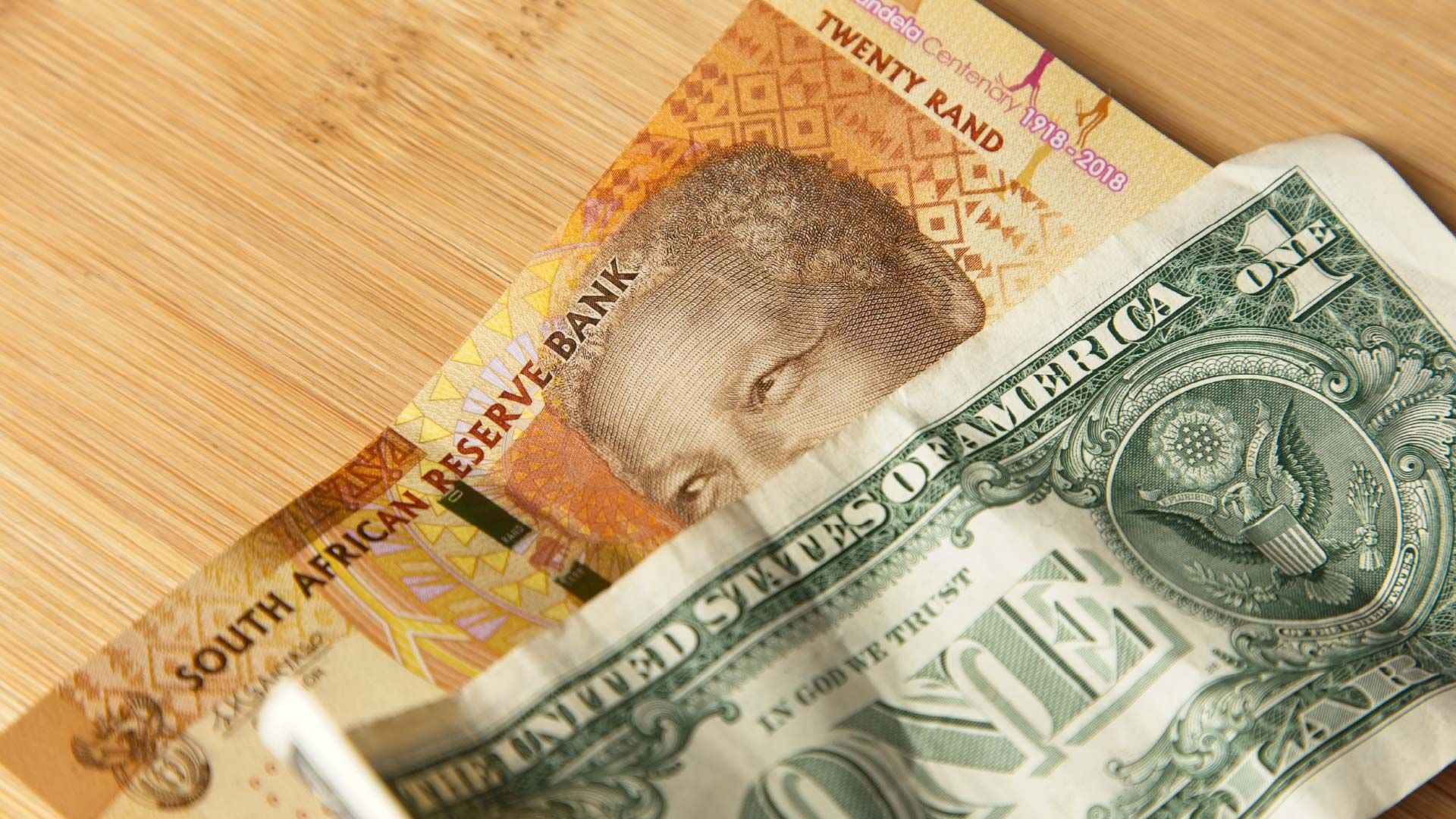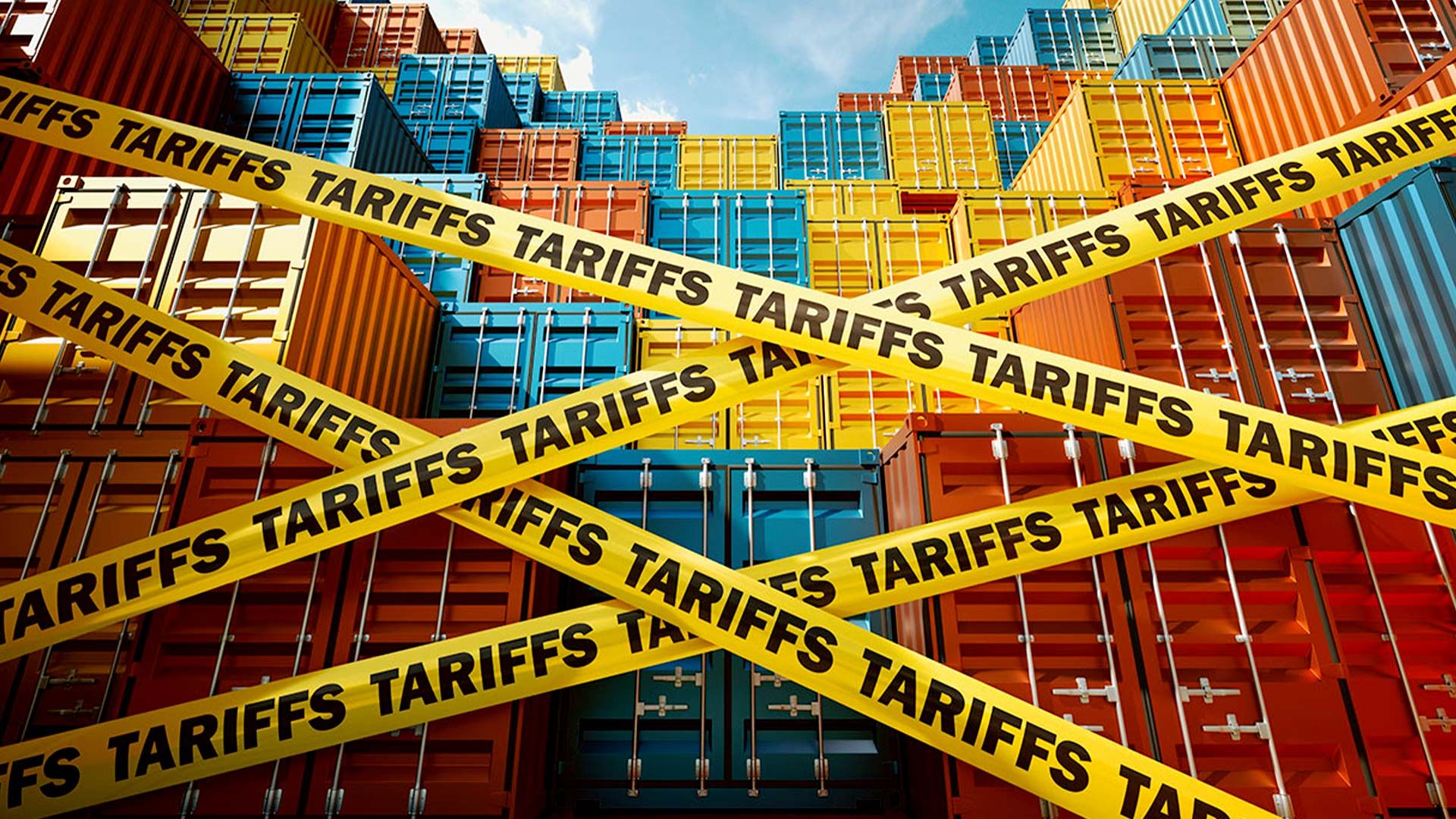July 21, 2025
Navigating a Tightrope
South Africa’s Interest Rate Dilemma Amidst Global Trade Winds

In recent months, South Africa has experienced a modest trade surplus with the US, totalling R37 billion, thanks largely to the African Growth and Opportunity Act (AGOA). Nonetheless, the country endures a significant R253 billion deficit within the broader BRICS trade sphere. The proposed US tariffs threaten to create a cascade of economic adversities, especially given South Africa’s dependence on exports, notably in manufacturing sectors such as automotive, which employs over 100,000 workers nationwide.
Trade Disruptions and Economic Growth Risks
The US’s threat to impose a 30% tariff on South African goods initially announced amidst ongoing trade tensions between the US and China poses a clear risk to economic stability. As detailed in recent trade briefs, the automotive sector has already suffered an 82% decline in exports to the US in the first half of 2025 due to existing tariffs. A further escalation, especially with a potential additional 10% tariff targeting BRICS countries opposing US policies, could plunge this vital industry into deeper crisis, leading to factory closures and significant job losses.
South Africa’s prominent export markets, such as automotive and mineral commodities, are particularly vulnerable. With these sectors already under stress, additional tariffs threaten to hinder economic growth, exacerbate unemployment, and diminish investor confidence. The decline in export volumes, particularly in premium vehicle exports, hampers job creation and economic dynamism crucial factors for a nation grappling with historically high unemployment rates exceeding 30%.
The Limitations of the SARB’s Policy Tools
In this context, the SARB faces a constrained path. Conventional wisdom suggests that raising interest rates can curb inflation, yet in the current environment, where inflation remains subdued but economic growth is threatened, tightening monetary policy may exact an economic toll without addressing the underlying trade issues. As SARB Governor Lesetja Kganyago has noted, inflation is expected to stay within the target range, but global trade war uncertainties loom large.
Increasing interest rates in such a fragile environment risk stifling growth further, especially as global economic slowdown cues stemming from China’s potential slowdown and trade tensions compound the problem. Given that South Africa’s economy is highly reliant on exports and sensitive to external shocks, the restrictive monetary stance could deepen recessionary pressures without equipping the economy to withstand the imminent trade disruptions.
Trade Tensions and Socioeconomic Impact
The potential for escalating tariffs and retaliatory measures primarily threaten to slow South Africa’s economic recovery. A decline in exports, especially in key sectors like mining and manufacturing, risks reducing employment and income levels, thereby amplifying the already severe unemployment crisis.
The socio-economic repercussions are profound. Job losses in manufacturing sectors, declining foreign direct investment, and suppressed growth could perpetuate inequality and social instability. The government’s fiscal space remains limited, and an over-reliance on monetary policy to counteract trade barriers is neither prudent nor effective.
A Conservative Position on Policy Response
From a conservative perspective, the focus should plausibly remain on defending economic stability through fiscal prudence and resistance to over-tightening monetary policy in reaction to inflation. South Africa’s policymakers should prioritise diplomatic engagement and trade negotiations over transient interest rate hikes, which may do more harm than good in an already strained economy.
In conclusion, while efforts to curb inflation are vital, the scope for interest rate hikes in response to global trade tensions and tariffs is limited. Such measures risk further slowing economic growth, increasing unemployment, and undermining investor confidence. A prudent approach would involve safeguarding industry competitiveness and fostering diplomatic solutions, recognising that the health of South Africa’s economy hinges on resilient trade relations and sound fiscal management rather than aggressive rate hikes amid uncertain international conditions.











